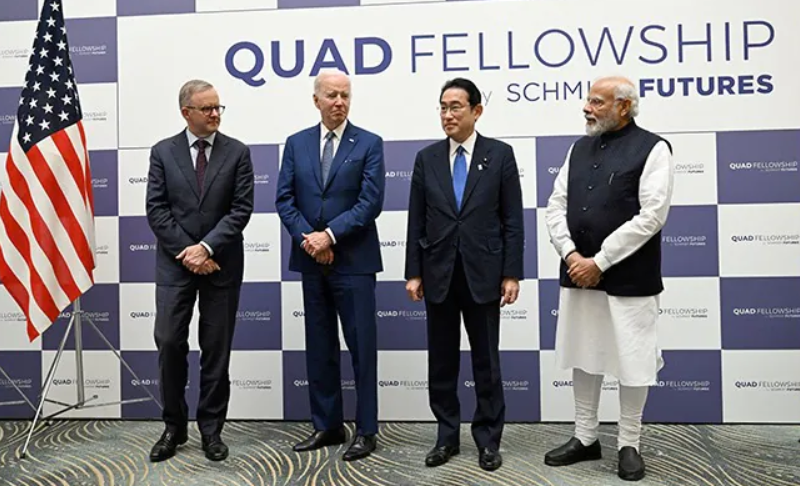Free Courses Sale ends Soon, Get It Now


Free Courses Sale ends Soon, Get It Now



Disclaimer: Copyright infringement not intended.
Context
More about the joint statement
https://www.pib.gov.in/PressReleasePage.aspx?PRID=1827892
© 2024 iasgyan. All right reserved